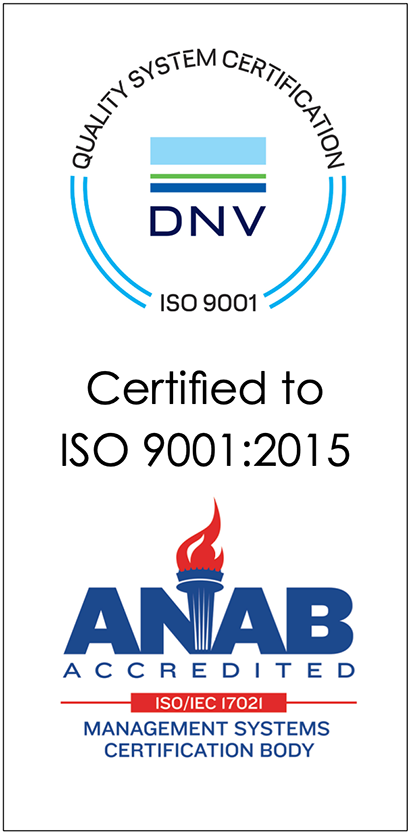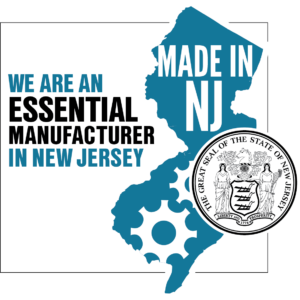Our high-performance electrodes for high-speed, automated welding applications include silver tungsten electrodes made from a complex alloy that exhibits the desired levels of thermal and electrical conductivity and moderate hardness at high temperature.
Proper Alloy Composition
Silver tungsten offers the ideal combination of the conductivity of silver and the arc resistance of tungsten. The preferred grade of material for our silver tungsten electrode (S35A2) is 35% silver and 65% tungsten, having a specific gravity of 14.8 and a hardness of 210 HV. Based on the International Annealed Copper Standard (IACS), this product has an electrical conductivity of 53%; its electrical resistivity is 3.2 x10^-8^ Ωm. For comparison, you can look at a reference material of chromium copper that is 1% copper, which has a specific gravity of 8.9, hardness 150 HV, electrical conductivity 80%, and electrical resistivity 2.1 x10^-8^ Ωm.
Many Uses for Our Silver Tungsten Electrodes
With low reactivity to ferrous metals — and the lowest tendency for oxidation among all tungsten-based electrodes — our silver tungsten electrodes are well suited to various welding processes that involve stainless steel, soft steel, or low-alloy steel sheets (except for galvanized materials), and are widely used for applications such as automobile bodies and automotive parts. Our silver tungsten electrodes are also appropriate for use with non-ferrous materials such as nickel sheets, combining the desirable characteristics of low reactivity of silver to nickel and the superior hardness of tungsten at high temperature. Our silver tungsten product is also used for welding silver and silver alloys, providing superior high temperature resistance.
Popular applications for our silver tungsten electrodes include wiring harnesses in the electrical components of automobiles, line switches for battery packs, and electrical components for manufacturing lines of circuit breakers and electrical switches. Our silver tungsten electrodes are also used in manufacturing processes for lithium ion batteries and nickel hydrogen batteries, as well as for welding battery tubs. Since silver does not readily react with iron and nickel, our silver alloy-based tungsten electrodes are also used for welding SUS and nickel foils. Other applications include microelectronics, aerospace, aviation, and advanced metallurgy industries.





